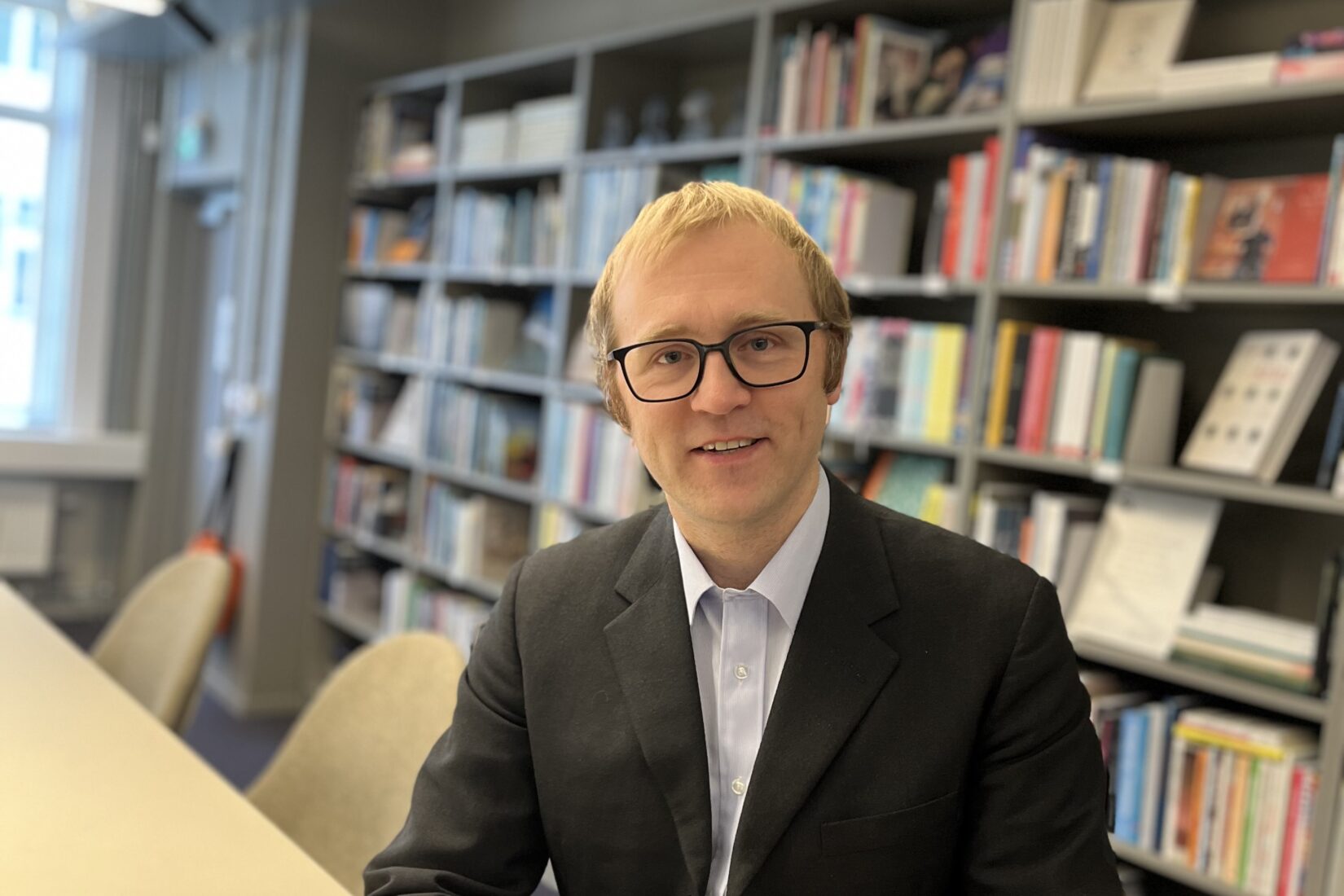Hello Markus Boman, Programme Coordinator and Deputy Head of Unit. Today marks the opening of this year’s application period for SI’s bilateral project grant SI Ukraine Cooperation Programme. What is the purpose of the Swedish Institute’s funding of projects in Ukraine?
We aim to facilitate cooperation between Sweden and Ukraine. The projects we support should address the needs in the country – ranging from business development to cultural heritage issues, gender equality, and strengthened democratic governance. The goal is to enhance the knowledge and capabilities of both actors and institutions in Ukraine. The projects contribute to Ukraine’s reconstruction and EU integration in various ways.
Our funding also lowers the barriers for cooperation between Sweden and Ukraine. For example, one can apply for smaller grants to prepare a cooperation, even if one does not yet have a partner in Ukraine. This is called project preparation and provides an opportunity to seek funds for contact trips, needs assessments, and pilot studies, as well as establishing a partnership for continued cooperation.
Can you give examples of projects that have a positive impact on both Swedish and Ukrainian actors?
The war has led to a significant brain drain, as many have been forced to flee or have been called into the country’s defence, while the economy and society have undergone major changes. Therefore, we seek to support projects that strengthen competence and drive change by engaging people with the ability to influence. One example is the REGAIN project, which trains civil servants in Ukrainian authorities in leadership so that they can drive development within their institutions. Another project, UNITED, coaches Ukrainian diplomats in negotiation techniques ahead of EU negotiations. The CRAFT project focuses on finding smart solutions to concrete problems in the daily lives of Ukrainian farmers, for example by introducing modern technology.
Although the projects mainly aim to make a difference on the ground in Ukraine, Swedish actors learn a lot through the cooperation, especially knowledge about preparedness, which is invaluable for our own civil defence capability in Sweden.
Are there specific areas you recommend applicants to focus on?
One area involves improving the business climate in Ukraine, where an important component is working with transparency and anti-corruption in the private sector.
Job creation is another area, finding ways to mobilise a larger part of Ukraine’s population in a rapidly changing economy, which can include integrating internally displaced persons and veterans.
In recent years, women in Ukraine have taken on a larger role in the Ukrainian economy and society, which is something we want to build on by supporting projects that can contribute to this momentum for gender equality.
Who can apply for SI’s support? How does the selection process work?
We target actors in Sweden, such as authorities, civil society, academia, businesses, and cultural actors. To apply for the larger grants, one must already have at least one partner in Ukraine. Those who have not yet found Ukrainian partners to collaborate with can, as mentioned above, advantageously apply for project preparation.
The selection process involves an initial step where applications are reviewed from a formal perspective, followed by a comprehensive review that includes in-depth reading and assessment in competition according to established criteria. Last year, SI received 168 applications, of which 49 could be granted support.
Facts:
There are three types of grants available within the SI Ukraine Cooperation Programme for Swedish actors and their Ukrainian partners.
The first is project preparation, a smaller project support aimed at laying the foundation for collaborations between Sweden and Ukraine. This can involve contact-making activities, meetings, and workshops to discuss or conduct simpler preliminary studies.
The second form is cooperation projects, a project support for the implementation and execution of capacity-building activities for actors and/or specific target groups in Ukraine.
The final type is project support for implementing a thematic training programme for target groups in Ukraine. The aim is to strengthen participants’ competence to advocate for reforms and development, which in turn contributes to Ukraine’s opportunities for EU integration.
